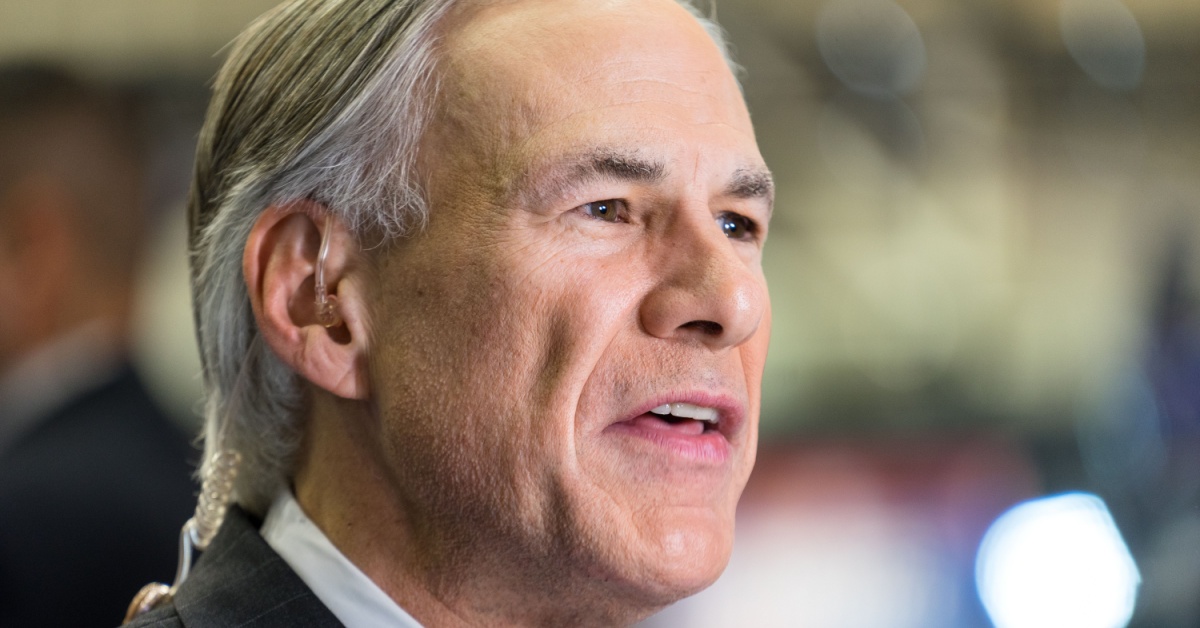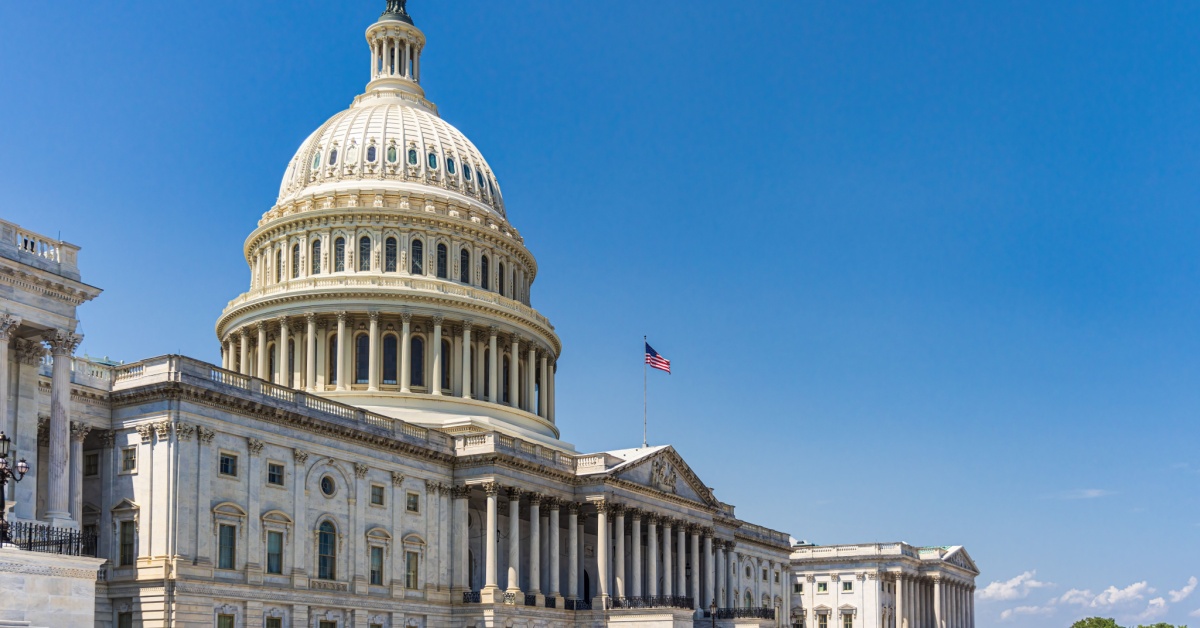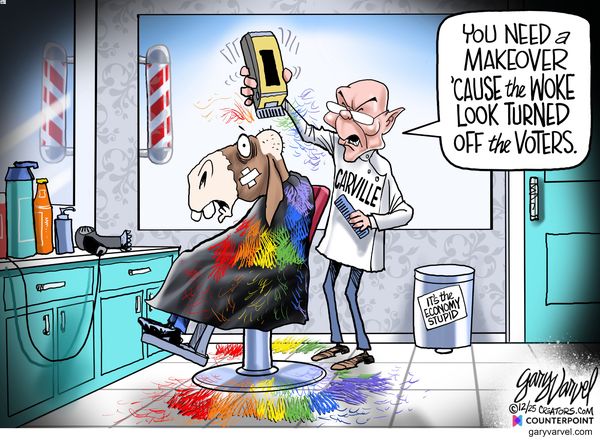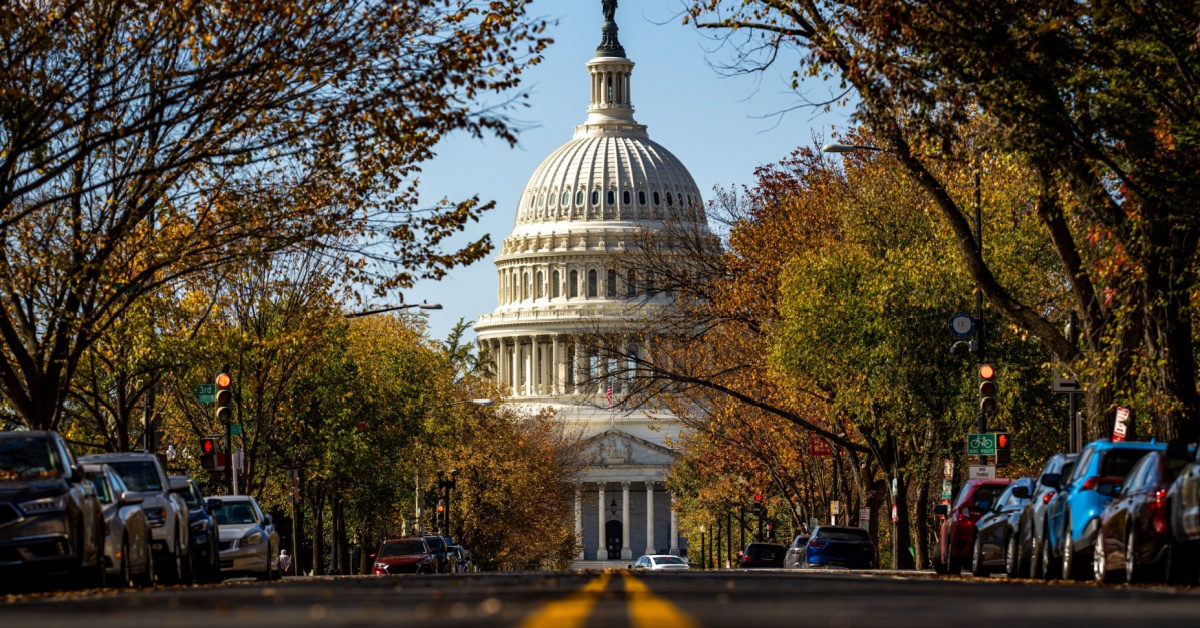Texas Governor’s Latest Border Security Law: A Bold Stand or Political Theater?
In a move that has left many Texans both applauding and scratching their heads, Governor Greg Abbott has signed into law a series of measures aimed at bolstering border security. Yes, the same border that has been the subject of countless political promises, debates, and, dare we say, grandstanding. This latest legislative endeavor is touted […]
Manufacturing Renaissance or Statistical Mirage? Parsing the Latest Job Growth Hype
In a world where headlines often serve as the main course for our daily information diet, the recent proclamation of a manufacturing job boom might seem like a hearty serving of good news. But before we uncork the champagne and toast to the revival of American industry, let’s take a moment to scrutinize the fine […]
Supreme Court to Tackle Federal Agency Overreach: Bureaucrats Brace for Impact
In a move that has left the bureaucratic elite clutching their clipboards, the Supreme Court has agreed to hear a case challenging the unchecked authority of federal agencies. Yes, you heard that right—the same agencies that brought you such hits as ‘Endless Paperwork’ and ‘Regulation Overload’ might finally face some much-needed scrutiny. It’s about time. […]
House Republicans Unveil ‘Taxapalooza 2025’—Because Who Needs Fiscal Restraint Anyway?
In a move that surprises absolutely no one, House Republicans have rolled out their latest masterstroke: the ‘Tax Cuts and Jobs Act 2.0.’ Yes, because the first one worked so well, why not double down? This new bill promises to extend the 2017 tax cuts, toss in a few more for good measure, and, for […]
Elon Musk to UK PM: ‘Mind the Gap’ in Addressing Grooming Gangs
In a development that has left the British political establishment clutching its pearls, Elon Musk, the billionaire entrepreneur and self-appointed global commentator, has taken to his platform, X (formerly Twitter), to accuse UK Prime Minister Keir Starmer of turning a blind eye to grooming gangs exploiting young girls. Musk’s digital broadside has ignited a firestorm […]
Democrats’ Wilderness Adventure: Lost Without a Map
In the aftermath of the recent electoral drubbing, the Democratic Party finds itself wandering in a political wilderness, seemingly without a compass or a clue. It’s a spectacle reminiscent of a group of hikers who, despite years of experience, forgot to pack a map and are now debating whether moss grows on the north or […]
Trump’s Executive Order Bonanza: Day One in the Oval Office
As the sun rises on January 20, 2025, President-elect Donald Trump is poised to re-enter the Oval Office with a flourish that would make even the most seasoned showman blush. His agenda for the day? A veritable blitzkrieg of executive orders aimed at reshaping the American landscape faster than you can say ‘You’re fired.’ Let’s […]
Mexico’s ‘Panic Button’ App: High-Tech Hand-Holding for Illegal Entrants
In a move that redefines cross-border collaboration, the Mexican government is rolling out a new smartphone app equipped with a ‘panic button’ feature. This digital lifeline is designed to assist Mexican nationals residing illegally in the United States by alerting their relatives and the nearest Mexican consulate if they anticipate imminent detention by U.S. immigration […]
US Navy’s ‘Friendly Fire’ Fiasco: Shooting Ourselves in the Sky
In a display of military precision gone awry, the U.S. Navy recently managed to shoot down one of its own F/A-18 Super Hornet fighter jets over the Red Sea. Yes, you heard that right. The guided-missile cruiser USS Gettysburg, part of the USS Harry S. Truman Carrier Strike Group, mistakenly identified the jet as a […]
U.S. Economy’s 3.5% GDP Growth: Genuine Progress or Just Another Statistical Mirage?
Well, here we are again, folks. The latest government data proudly proclaims a 3.5% increase in GDP for the fourth quarter. We’re told this is a sign of robust economic health, a testament to the resilience of the American economy. But before we break out the confetti and champagne, let’s take a moment to dissect […]
Fleeing the Church of Woke: Disenchanted Believers Rediscover Ancient Paths
In a development that should surprise precisely no one, a growing number of disillusioned Christians are abandoning the progressive pews of modern Protestantism in favor of the time-honored traditions of Orthodox Christianity. Yes, it appears that when faced with the choice between rainbow flags and incense, many are opting for the latter. Who could have […]
The 118th Congress: When Doing Nothing Became an Art Form
Ladies and gentlemen, gather ’round as we recount the tale of the 118th Congress—a legislative body so inert, it makes a sloth look like an Olympic sprinter. In an era where action was desperately needed, our elected officials chose to perfect the ancient craft of doing absolutely nothing. Bravo! Let’s start with the numbers, shall […]
Brace for Impact: 2025’s Global Economy Could Be a Bumpy Ride
As we bid farewell to 2024, it’s time to dust off the crystal ball and peer into the murky waters of 2025. Spoiler alert: the forecast isn’t exactly sunshine and rainbows. According to Reuters, the global economy is gearing up for a year filled with challenges that could make even the most optimistic economist break […]
Jimmy Carter’s Final Departure: The Peanut Farmer Who Couldn’t Crack Washington
Well, it’s official. Jimmy Carter, the 39th President of the United States, has passed away at the ripe old age of 100. A centenarian! Quite an achievement for a man whose presidency barely made it past infancy. Carter, the humble peanut farmer from Plains, Georgia, who ascended to the highest office in the land, only […]
Trump’s Deportation Plan: Keeping Families Together… Abroad!
In a recent interview, President-elect Donald Trump unveiled a novel approach to immigration enforcement: deporting entire families, including American citizens, to avoid the heartache of separation. Yes, you heard that correctly. To keep families united, Trump suggests sending everyone packing—citizens and non-citizens alike. This plan, as reported by the New York Post, aims to prevent […]















